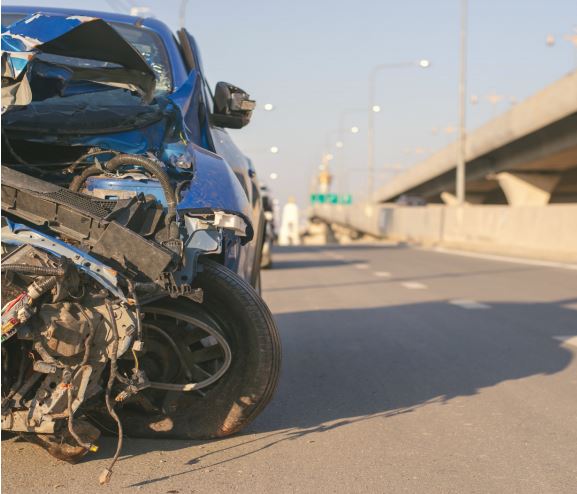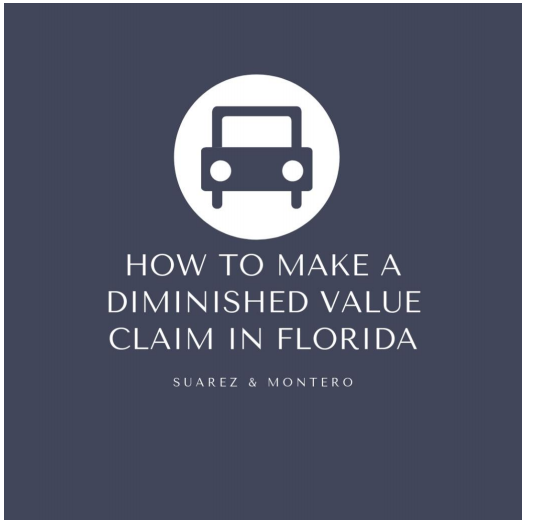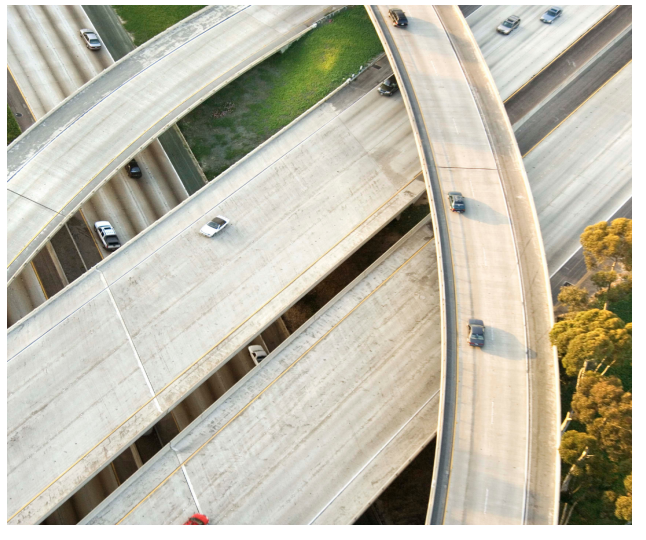
Tesla’s Autopilot Was Engaged During Deadly Crash in Florida
In a preliminary report released by the National Traffic Safety Board (“NTSB”) last week, federal investigators determined that a Tesla Model 3 involved in a fatal crash with a semitrailer in Florida a few months ago was operating on the company’s semi-autonomous Autopilot system. The accident occurred on Friday, March 1, 2019, around 6 a.m. when a 2018 Tesla Model 3 electric-powered passenger vehicle was headed southbound in the right through lane of the 14000 block of State Highway 441 (US 441) in Delray Beach, Palm Beach County, Florida, when it struck an eastbound 2019 International truck-tractor in combination with a semitrailer. The Tesla struck the left side of the semitrailer. The roof of the Tesla was sheared off as the vehicle under rode the semitrailer and continued south. The 50-year-old male Tesla driver died as a result of the crash. The 45- year-old male driver of the semitrailer vehicle was uninjured. The preliminary report from the NTSB says that they are continuing to gather information on the operation of the Tesla and are working with the Palm Beach County Sheriff’s Office.
Self-Driving Autonomous Car Accidents
Automobile accidents in the United States are a serious public health concern and cause thousands of fatalities every year. Given that operator error is the major cause of these fatalities, it follows that reducing or even completely removing the role of the operator will decrease the number of accidents and ultimately save lives. As a result, artificial intelligence (especially accident avoidance systems) in automobiles has become common in many modern vehicles. Self-driving or autonomous cars take this idea to the next level and are being touted as the future of travel. The promise that self-driving cars provide is expansive: fewer auto- related deaths and injuries, decreased traffic, shorter travel times, greater productivity while commuting, and less stress on public transportation. To accomplish this, many auto manufactures like Tesla, Volvo, Audi, and Mercedes are rolling out new features that take over the duties previously charged to drivers. Since 2014, all of Tesla’s vehicles come standard with hardware for their Autopilot feature. Tesla’s Autopilot feature, which requires an up-charge of $2,500 for activation, includes capabilities such as blind spot warnings, automatic braking, and lane switching. A further update to the Autopilot software adds a capability that Tesla refers to as “Summon,” which, when activated, will induce the car to exit a parking space on its own, without a driver inside the car, and approach its nearby owner, like a personal, built-in valet. The advent of autonomous or self-driving vehicles will likely revolutionize how people travel. Self-driving vehicles will give people more free time, as well as allow the elderly and persons with disabilities to get around worry-free. However, even the most trustworthy forms of transportation can become hazardous in certain conditions. When you take away the control from the driver of a vehicle and allow computers and sensors to take over, you eliminate the ability for humans to react to situations that call for critical thinking, not computation.
Who is Liable in Self-Driving Autonomous Car Accidents?
As autonomous cars become increasingly popular, there will be a host of significant legal questions that will need to be addressed. The first one that comes to mind is which party will be held to be at fault in accidents resulting from the features of self-driving technologies? Generally, when an ordinary driver gets in a car accident, they may bring suit for negligence. To win on a claim for negligence, a plaintiff must first establish that the defendant owed the plaintiff a duty. Next, the plaintiff must demonstrate that the defendant breached that duty. After that, the plaintiff must prove that the defendant’s actions that constituted the breach were the proximate cause of the plaintiff’s injury. Finally, the plaintiff must establish that she did, indeed, incur damages. Florida, like other jurisdictions, recognizes that a legal duty will arise whenever a human activity creates a generalized and foreseeable risk of harming others. In other words, when a person’s conduct creates a foreseeable zone of risk, the law generally will recognize a duty placed upon that person to lessen the risk or see that sufficient precautions are taken to protect others from the harm that risk poses. Whereas negligence is the appropriate cause of action when drivers violate traffic signs, are insufficiently attentive, or speed, products liability is the proper cause of action to file when accidents result from vehicle malfunctions. However, specific laws and regulations have yet to be established regarding driverless cars and liability. The problem might lie with the software, in which case fault can be derived from the developer; it might lie with the hardware, in which case the manufacturer is liable; or, it might be a simple defect with any part of the car itself. There are a host of possible ways liability could be discerned and then delegated, resulting in a complicated system of determining fault when pursuing a products liability lawsuit.
How a Lawyer Can Help in the Event of a Self-Driving Autonomous Car Accident
The Law Offices of Suarez & Montero Car Accident Attorneys is a personal injury law firm with locations in Miami and Broward. In this area, the law is constantly changing; thus, it is crucial to pick a lawyer who is up to speed with these changes and can guide you through the claims process with ease. There is no substitute for consulting an experienced car accident attorney after being involved in a crash. If you have been involved in an accident involving an autonomous vehicle, we can help you navigate through the confusing ins and outs of an accident involving a driverless car. As a victim of an autonomous self-driving vehicle accident, you may be entitled to compensation. Let us review your case and discuss your legal options. Our attorneys are ready to provide proven legal representation and stand ready to protect your rights. We are available 24/7 to give you a free, no risk case consultation!
We serve clients throughout Florida including those in the following areas:
Miami-Dade: Aventura, Coral Gables, Doral, Fontainebleau, Hialeah, Homestead, Kendall, Miami, Miami Beach, Miami Lakes, North Miami, Tamiami, and Westchester.
Broward: Fort Lauderdale, Hallandale Beach, Hollywood, Pembroke Pines, and Weston; and Palm Beach County including Boca Raton, Lake Worth, and West Palm Beach.





